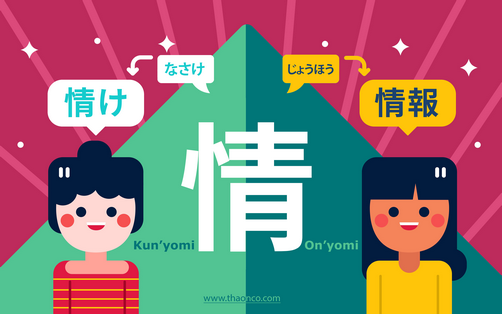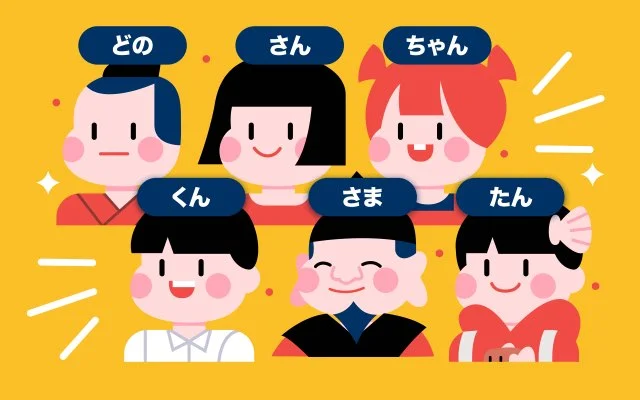Is Japanese hard to learn? What challenges learners may have? How long to learn Japanese? More and more people choose to learn Japanese.
Read on to discover the answers for the questions above with Thao & Co.
Japanese is one of the most challenging languages to learn in the world. Therefore, learners need perseverance and a passion for this language.
Japanese is a rich language with different layers of nuance, meaning, and cultural background. Its complex language systems also added challenges to learners.
How long does it take to learn Japanese?
Learning any language is a long and onward journey. However, with determination and a love for Japanese culture, your learning process becomes more enjoyable and easier.
Japanese has various unique features that challenge many new learners. Read on to find out!
Japanese writing system consists of four scripts:
Each alphabet is akin to a diverse, colorful world. All in all, Japanese writing has a precise structure and high order. This creates a sense of elegance and harmony.
This diversity presents challenges in both Japanese translation and learning. Every sentence is constructed flexibly with these complex scripts.
Japanese grammar follows a “Subject – Object – Verb” (SOV) structure. This is different from some languages’ patterns.
E.g., English and Vietnamese share the same “Subject – Verb – Object” (SVO) structure.
Moreover, non-essential components can be dropped in Japanese sentences, making them concise without losing meaning.

The Japanese language boasts a rich variety of reading and writing styles. For the Kanji script, there are two different readings:
The choice of reading depends on the character’s combinations and, in some cases, irregularities.
For example, the Kanji character “情“:
This art contributes to the language’s depth and richness in conveying meaning. However, this is also a tough challenge to beginners.
Learning Japanese communication is somewhat “easier” due to less emphasis on grammar. Still, learners can easily get confused with honorifics and pronouns.
The honorific system is an indispensable form of “grammar” in Japanese. It reflects the Japanese tradition of respect and gratitude in communication.
It is divided into three main types:
The use of honorifics depends on communication partners. For example,
The Japanese honorific system is highly diverse and used precisely in each specific case. This may build up pressure on English speakers.
To sound native-like when communicating in Japanese, it’s crucial to choose expressions carefully. Practicing grammar rules and honorific languages is also essential.

Pronouns play a vital role in expressing the subtle nuances of relationships in Japanese. Native speakers use a wide range of pronouns to indicate:
Thus, using the correct pronoun is crucial to a country that values socila hierarchy like Japan.
Some pronouns are often misused due to cultural differences. For instance, the pronoun “あなた” (anata) is roughly equivalent to “you” in English. However, it has different meanings depending on the context:
All in all, to communicate effectively in Japanese, you need a grasp of grammar, vocabulary and contextual understanding to address the listeners appropriately. Using incorrect pronouns can easily lead to unwanted misunderstandings.
Is Japanese hard to learn? It’s certainly not an easy journey, especially for speakers of languages with significant differences.
How long to learn Japanese? There is no exact answer for this. The time to learn Japanese depends on factors like your language background, study methods, and dedication.
However, you “harvest the fruits of your efforts!” Statistics show that jobs requiring Japanese proficiency often offer higher salaries than other languages.
As Japan’s global influence grows, the needs for workers in Japanese companies also increase. Therefore, learning Japanese can open up great opportunities for you.